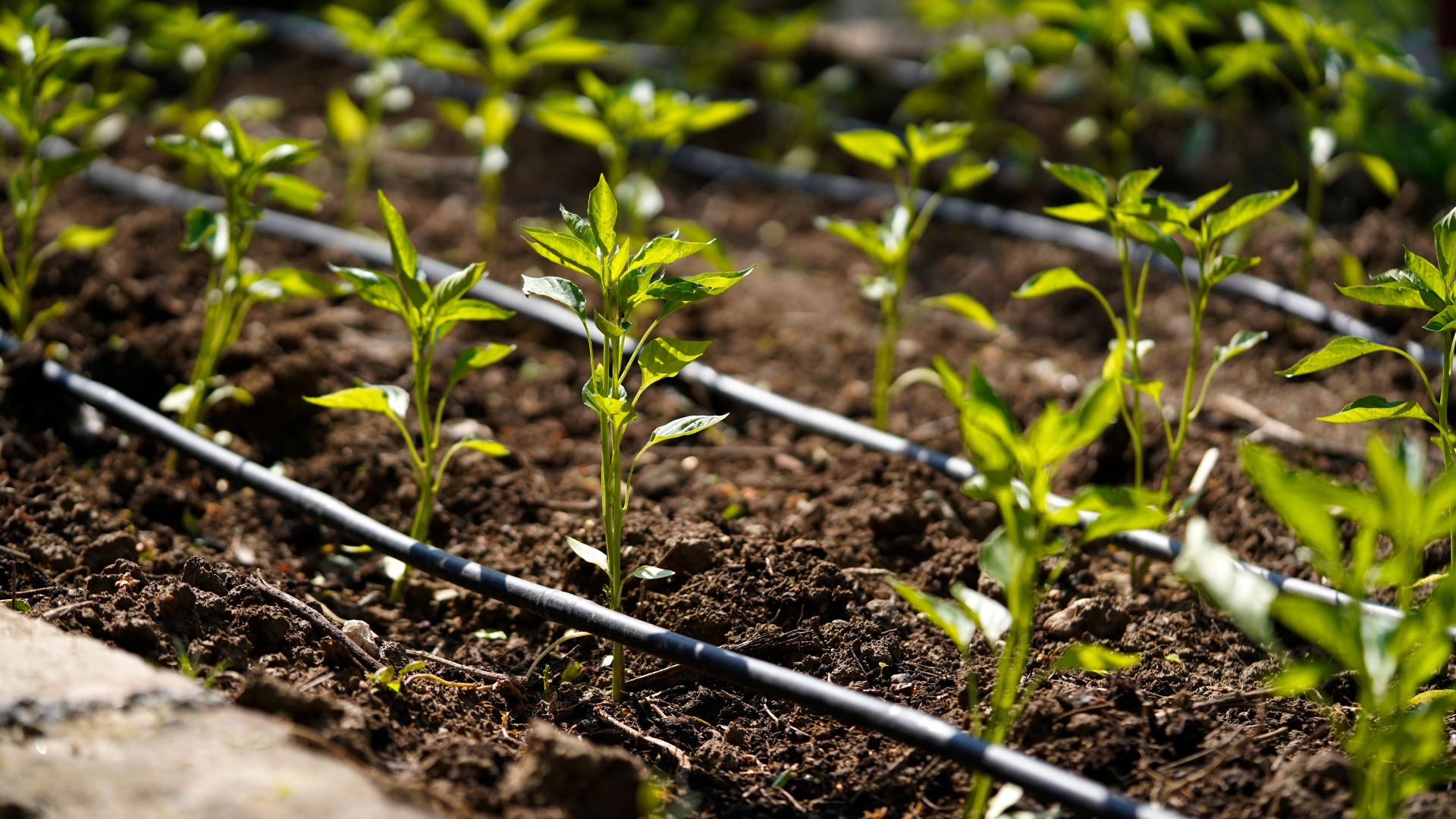In many parts of India, water is becoming harder to find. Farmers are struggling with less rainfall, drying borewells, and rising input costs. Traditional methods like flood irrigation waste a lot of water and often damage the soil. They’re simply not built for today’s challenges.
Micro irrigation is changing that. Systems like drip and sprinkler deliver water directly to the roots, drop by drop, where it’s needed most. This saves water, improves crop health, and reduces electricity bills. For farmers, it means better yields with fewer resources.
The benefits aren’t just limited to the farm. Micro irrigation uses much less electricity because it needs less water to move. It also helps prevent waterlogging and weeds, both of which are common in flood irrigation. Crops like cotton, sugarcane, pomegranate, and vegetables see major improvements when switched to drip or sprinkler systems.
Seeing these benefits, the government has started offering subsidies to encourage farmers to adopt micro irrigation. But systems alone aren’t enough. Farmers need the right guidance—what type of irrigation to choose, how to install it, and how to maintain it for long-term success.
This is where Bhumi Irrigation comes in. With years of experience in the field, Bhumi has helped thousands of farmers across India make the switch. From small farms to large fields, Bhumi designs the right solution for every crop, every soil type, and every budget. Whether it’s drip irrigation, sprinklers, PVC pipes, suction hoses, or filtration units.
Bhumi provides complete, crop-ready solutions that suit every type of soil, crop, and farm size. It’s not just about selling equipment. It’s about building a system that helps farmers save water, reduce effort, and grow better, season after season. Bhumi Irrigation is proud to support this new chapter in Indian agriculture—where every product is designed to make every drop count.

